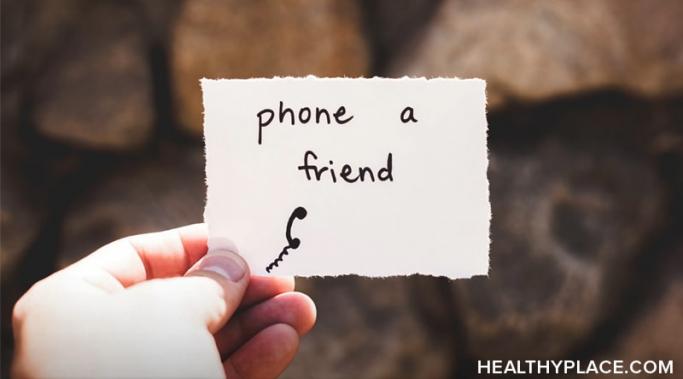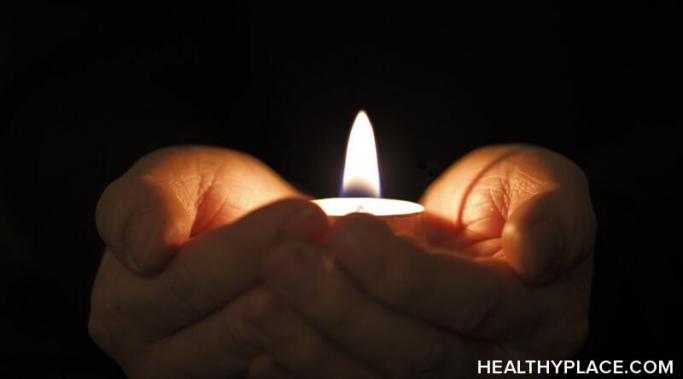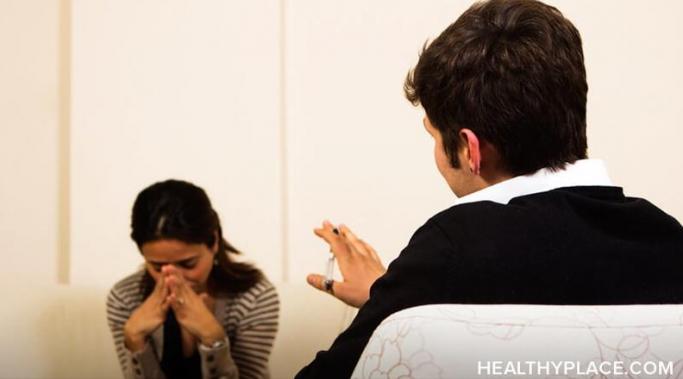Verbal abuse happens within many dynamics, even if it is not talked about regularly. One specific area of verbal abuse that is not often readily apparent involves men who suffer verbal abuse. However, just because there might not be a lot of pertinent case numbers or stories in the news about this does not mean this issue doesn't exist. For many men, dealing with verbal abuse is a common, problematic reality in their lives.
Stop Abuse
Verbal abuse in friendships happens more than we think. After all, friends are not the first people that come to mind when you think of verbal abuse. If you are facing any signs of verbal abuse from a close friend, you are not alone.
Verbal abuse in work relationships happens regularly. After all, haven't you heard the cliche that employees leave bosses, not jobs? In many situations, this is quite true, especially when the person you report to is verbally abusive in the workplace. Unfortunately, I was the victim of verbal abuse at work on more than one occasion. Thankfully, I was able to pick up the pieces of my shattered ego and leave for a better career path.
Finding your voice and reacting appropriately during an initial reaction to verbal abuse can be harder than it seems. Often, we can get wrapped up in a moment, as if our bodies go into shock. Sometimes, it's not until later that you can form words that, in retrospect, you would have liked to say, but for some reason, you didn't. This describes my experiences with verbal abuse, and I hope that my lessons help you avoid this frustration and become powerful in speaking your mind in the active moments of verbal abuse.
Losing a loved one to suicide is an emotional journey that no one anticipates or knows how to react to. As a personal supporter of National Suicide Prevention Month, I wanted to share some of my valuable lessons and stories that taught me how to combat the natural urge to inflict verbal abuse on yourself and to avoid blaming yourself after the death of a loved one by suicide. (Note: This post contains a trigger warning.)
It's hard staying grounded while facing verbal abuse, especially if you've been on the abuse merry-go-round with family, friends, or significant others for some time. Having deep-seated connections with abusers can cause confusion when it comes to determining your feelings and deciphering boundaries because these loyalties make it difficult to decide if a behavior is okay.
Setting healthy boundaries now that my abusive relationship has ended is one of the most difficult things I’ve had to figure out recently.
I recently saw a quote in which someone was lamenting the fact that there were more articles describing narcissism and narcissistic abuse than how to heal after abuse. I thought it was a strange distinction to make. When survivors of narcissistic abuse read articles about narcissism and narcissistic abuse, that is a form of healing after abuse.
Leaving your abuser is a process. I left my abuser dozens of times before it was finally over.
There is an explosion in pop culture TV right now depicting how abusers are grooming their victims for abuse and I have mixed feelings about it.









